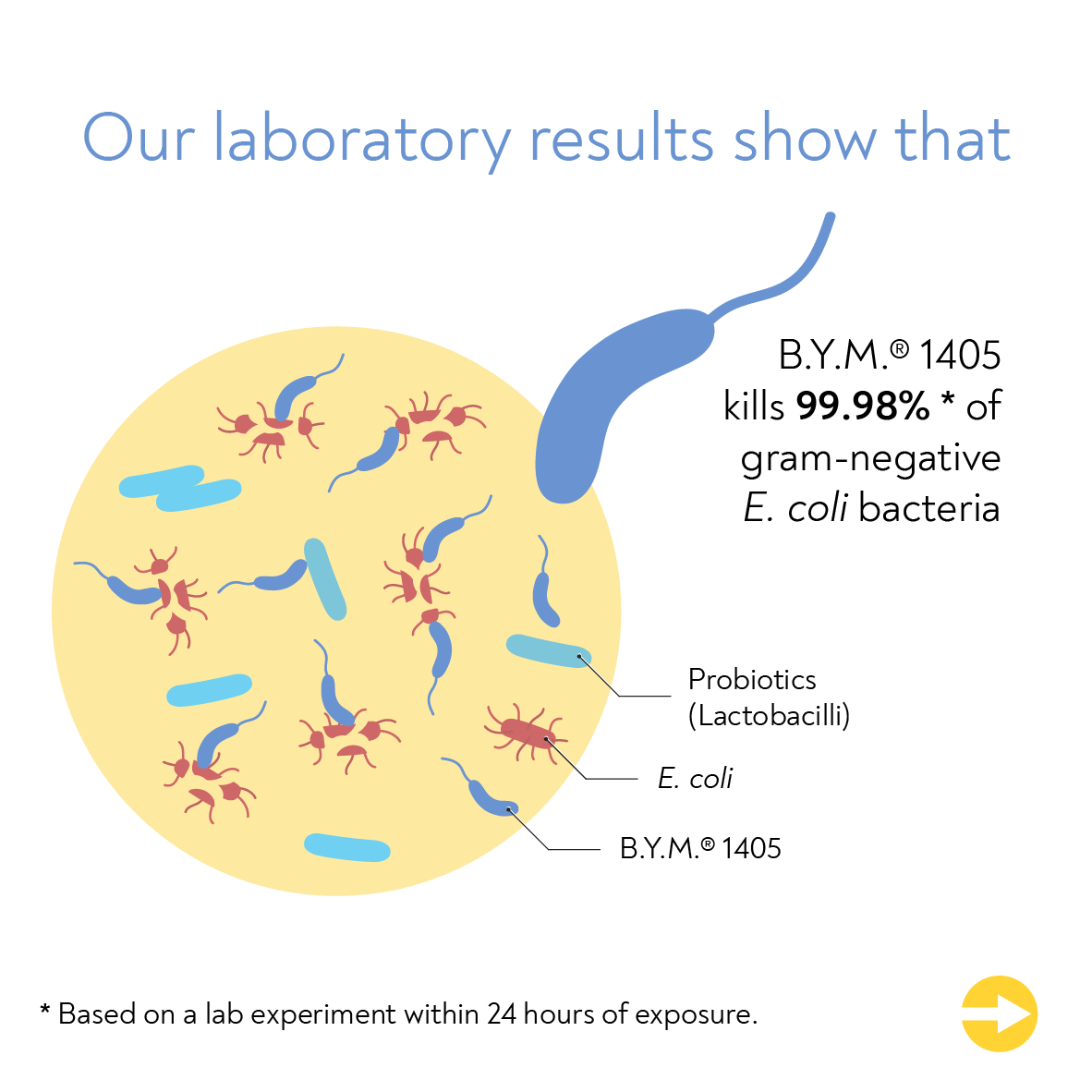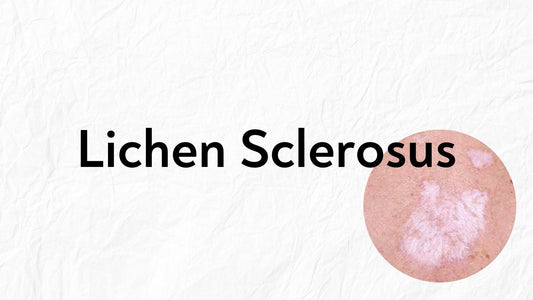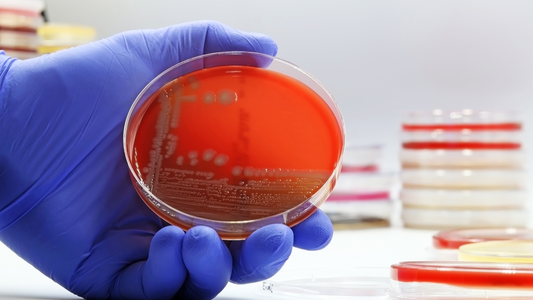
Understanding Bacteria: The Good, The Bad & The Bouncer
Exploring the Fascinating World of Female Vaginal Microbiota: Unveiling the Types of Bacteria That Thrive Within
The human body is a complex ecosystem with a vast array of microorganisms residing within. Among these, the vaginal microbiota plays a crucial role in maintaining women's reproductive health. The vaginal microbiota consists of a diverse community of microorganisms, predominantly bacteria, which coexist in a delicate balance. Let's take a look at the world of bacteria that inhabit the female vaginal microbiota and their significance in maintaining a healthy vaginal environment.
Lactobacillus: The Dominant Guardians of Vaginal Health
Lactobacillus is the predominant genus of bacteria found in the vaginal microbiota of healthy women. These beneficial bacteria play a vital role in preserving the delicate pH balance of the vagina and preventing the overgrowth of harmful pathogens. Several species of lactobacilli are commonly present, including Lactobacillus crispatus, Lactobacillus iners, Lactobacillus jensenii, and Lactobacillus gasseri. They produce lactic acid, creating an acidic environment (pH 3.5-4.5) that inhibits the growth of potentially harmful bacteria and yeast.
Lactobacillus crispatus, in particular, has been associated with a lower risk of bacterial vaginosis (BV) and other vaginal infections. Its ability to produce hydrogen peroxide further enhances its protective effect against pathogens.
What Is The Impact of Bacterial Diversity?
While lactobacilli are considered the primary inhabitants of a healthy vaginal microbiota, recent research has shed light on the significance of bacterial diversity within this ecosystem. Studies have shown that women with diverse vaginal microbiota are more resilient to infections and maintain better overall vaginal health.
Several other bacterial species are found in varying abundances among women, including Gardnerella vaginalis, Atopobium vaginae, Prevotella species, and Streptococcus species. Although their exact roles are still being researched, it is believed that a diverse microbiota confers a robust defense against pathogens, strengthens the immune response, and maintains overall vaginal health.
Shifts in Microbiota: How This Can Affect Your Health
Alterations in the vaginal microbiota can lead to an imbalance, known as dysbiosis, and increase the risk of various vaginal infections and conditions. Bacterial vaginosis (BV) is one such common condition characterized by a decrease in lactobacilli and an overgrowth of pathogenic bacteria like Gardnerella vaginalis. BV is associated with symptoms such as unusual discharge, odor, and itching.
Additionally, vaginal yeast infections, caused by Candida species, can occur when there is an overgrowth of yeast due to a disrupted microbiota balance. These infections often result in discomfort, itching, and abnormal discharge.
How Does Vaginal Microbiota Impact Reproductive Health?
Beyond the prevention of infections, the vaginal microbiota also plays a vital role in reproductive health. It influences fertility, pregnancy outcomes, and even the susceptibility to sexually transmitted infections (STIs).
During conception, a healthy vaginal microbiota helps facilitate sperm transport and promotes the survival of spermatozoa. In pregnancy, an imbalanced microbiota has been linked to an increased risk of preterm birth and other complications. Furthermore, the vaginal microbiota's composition can affect the likelihood of acquiring STIs, such as chlamydia and HIV, highlighting its significance in protecting against sexually transmitted infections.
Conclusion: Take Care Of Your Microbiota & It'll Take Care Of You!
The female vaginal microbiota is a complex and dynamic community of bacteria that profoundly impacts women's reproductive health. While lactobacilli, particularly Lactobacillus crispatus, play a critical role in maintaining vaginal health. Using an intimate serum such as P.Happi® that acts as a bio-barrier can help support a healthy, balanced microbiota. Find out more about the science behind P.Happi® here.






